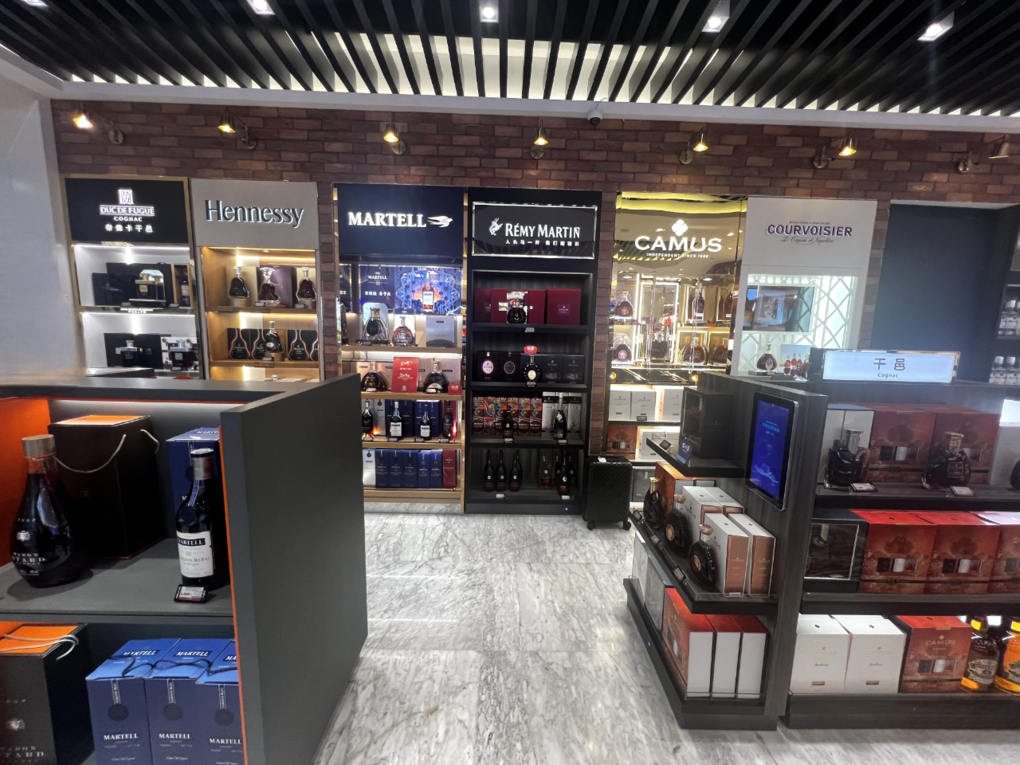MACAU. Asia’s gambling capital, Macau, has received a major boost to its economy and tourism. The end of a decades-old monopoly over gambling in the former-Portuguese colony has drawn investment from some of the biggest names in the casino and hospitality industry.
Two years ago Macau awarded gambling concessions to three new groups, which in turn are subdividing into an expanding number of casino developers and the move is beginning to pay off with new tourism developments. Based on the local government’s records, Macau is the world’s third-largest gaming market, behind Atlantic City in the US and the number one Las Vegas, and the territory is looking to attract more visitors from mainland China. Estimates of how big the casino market in China could become range up to the hundreds of billions of dollars, dwarfing even the US, which recorded US$70 billion in casino revenues in 2002.
The first wave of investment is coming to a part of Macau close to the ferry terminal that connects the city with Hong Kong. Among the new properties here is the Galaxy Resort & Casino complex and retail mall. A waterfront project, called Fisherman’s Wharf, is supposed to open by the end of 2004. Elsewhere, Las Vegas Sands is due to open later this year by the US-based Las Vegas Sands group (owner of The Grand Canal Shoppes and The Venetian Las Vegas complex).
In the future there is speculation that a large land reclamation project could connect a strip of land called the Cotai strip between Macau’s two main outer islands, Taipa and Coloane, to form a casino area. The area is being developed by Las Vegas Sands and Jones Lang LaSalle Hotels.
One early sign of the magnitude of the coming change came with the announcement that Macau’s GDP grew at a rate of +25.3% in the third quarter of 2003.
Tourism growth from the mainland into Macau was already strong in 2003, up almost +23% through the first seven months of the year. But after immigration rules changed in late July to allow mainland visitors from selected cities in southern China to enter Macau and Hong Kong without a passport or visa, the number of China arrivals soared. In the last five months of the year, arrivals from mainland China increased +49.3% over 2002.
“The Cotai strip is well positioned to accommodate the travel demand from China and the Asia Pacific region. Last year alone, Macau entertained 11.9 million visitors, of which 4.24 million were generated from the mainland….The opportunity of the region is nothing short of fantastic,” said William Weidner, president and chief operating officer of Las Vegas Sands.
“The real key for Macau is the cross border liberalisation in which the central government is allowing people to cross the border into Macau from Guangdong province”, said Weidner.
Developers believe that the future growth of Macau will be as a resort and retail destination ensuring long-term stay of the visitors, rather than the current day-trippers on ferry or hydrofoil crossings, since there is no casino destination in China.





